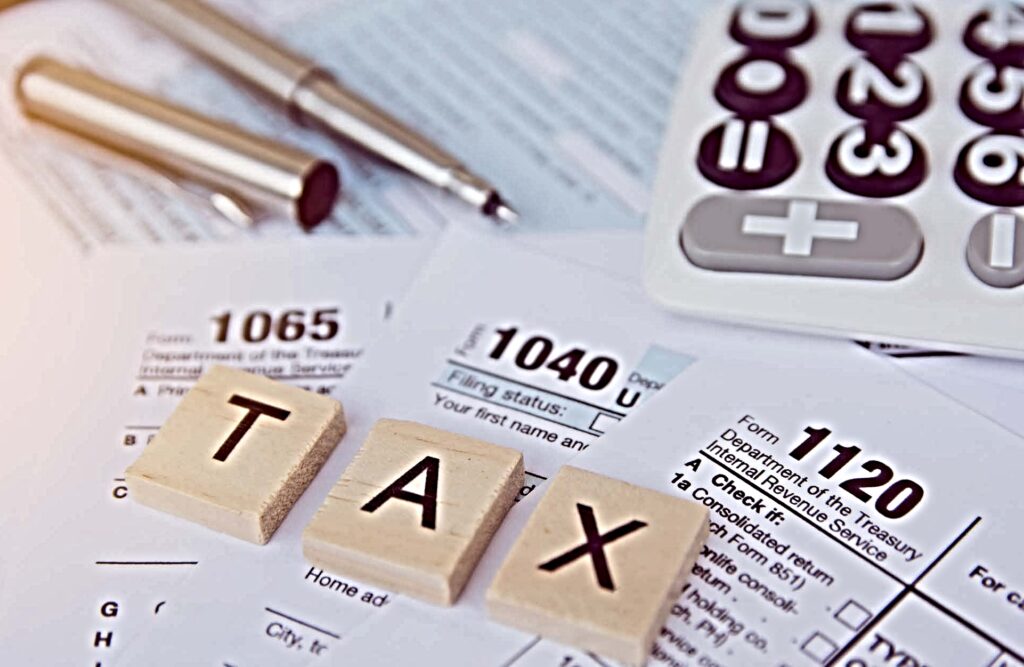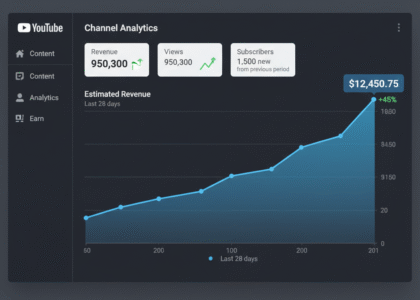Filing taxes as a freelancer can feel overwhelming, but understanding the process is essential to avoid penalties and maximize deductions. Unlike traditional employees, freelancers don’t have taxes automatically withheld from their earnings, making it crucial to track income, expenses, and estimated tax payments throughout the year.
If you’re self-employed, navigating tax season efficiently requires knowledge of tax brackets, deductions, and filing requirements. This guide will break down everything you need to know about freelancer taxes, including actionable tips to help you stay compliant and minimize your tax burden.
Understanding Your Tax Obligations

Freelancers are considered self-employed individuals, meaning they are responsible for paying self-employment tax in addition to federal and state income taxes. Here’s what you need to know:
- Self-Employment Tax
- Covers Social Security (12.4%) and Medicare (2.9%) taxes, totaling 15.3%.
- Applies to net earnings of $400 or more per year.
- Quarterly Estimated Taxes
- Unlike W-2 employees, freelancers must pay taxes quarterly instead of annually.
- Due dates: April 15, June 15, September 15, and January 15 (of the following year).
- State and Local Taxes
- Some states have additional tax requirements for freelancers, including sales tax on certain services.
Essential Tax Forms for Freelancers
Freelancers typically receive 1099 forms instead of W-2s from clients. Key forms include:
- Form 1099-NEC: Issued by clients if they paid you $600 or more in a year.
- Schedule C (Form 1040): Used to report business income and expenses.
- Schedule SE (Form 1040): Calculates your self-employment tax.
- Form 1040-ES: Used to submit quarterly estimated tax payments.
Keeping these forms organized ensures a smooth tax filing process.
Maximizing Deductions and Reducing Your Tax Bill

One of the biggest advantages of freelancing is the ability to deduct business expenses. Here are some common tax deductions for freelancers:
1. Home Office Deduction
- If you work from home, you can deduct a portion of your rent, utilities, and internet costs.
- The space must be used exclusively for business.
2. Business Expenses
- Office supplies, software, and advertising costs.
- Website hosting and domain fees.
- Equipment like laptops and cameras.
3. Health Insurance Premiums
- If you purchase health insurance independently, you may be eligible for deductions.
4. Retirement Contributions
- Contributing to a SEP IRA or Solo 401(k) reduces taxable income.
5. Travel and Meals
- Business-related travel expenses, lodging, and 50% of meal costs can be deducted.
Tracking these expenses throughout the year is key to maximizing deductions.
How to File Your Taxes as a Freelancer
Follow these steps to ensure a stress-free tax season:
- Keep Detailed Records
- Use accounting software like QuickBooks, FreshBooks, or Wave to track income and expenses.
- Estimate and Pay Quarterly Taxes
- Use IRS Form 1040-ES to calculate your estimated taxes and avoid penalties.
- Choose the Right Tax Filing Method
- Options include using DIY tax software (TurboTax, H&R Block) or hiring a tax professional.
- File Your Annual Tax Return
- Use Schedule C to report business income and deductions.
- File by April 15 (unless you request an extension).
Common Freelancer Tax Mistakes to Avoid
- Not Setting Aside Money for Taxes
- A good rule of thumb is to set aside 25-30% of income for taxes.
- Missing Quarterly Payments
- Late payments result in penalties and interest charges.
- Failing to Track Expenses
- Without proper records, you could miss valuable deductions.
- Mixing Personal and Business Finances
- Open a separate business bank account to simplify tracking and audits.
FAQs About Filing Taxes as a Freelancer
Q: Do I need to file taxes if I made less than $600?
A: Yes. Even if you don’t receive a 1099-NEC, you must report all income.
Q: What happens if I don’t pay estimated taxes?
A: You may face penalties and interest for underpayment.
Q: Can I deduct startup costs?
A: Yes! You can deduct up to $5,000 in startup expenses in your first year.
Q: Should I hire an accountant?
A: If your tax situation is complex, hiring a tax professional can save money and prevent costly mistakes.
Conclusion
Filing taxes as a freelancer requires careful planning, record-keeping, and awareness of tax laws. By understanding your tax obligations, making quarterly payments, and maximizing deductions, you can minimize your tax burden and stay compliant.
For more financial tips and resources, visit GetCashVibe today!






